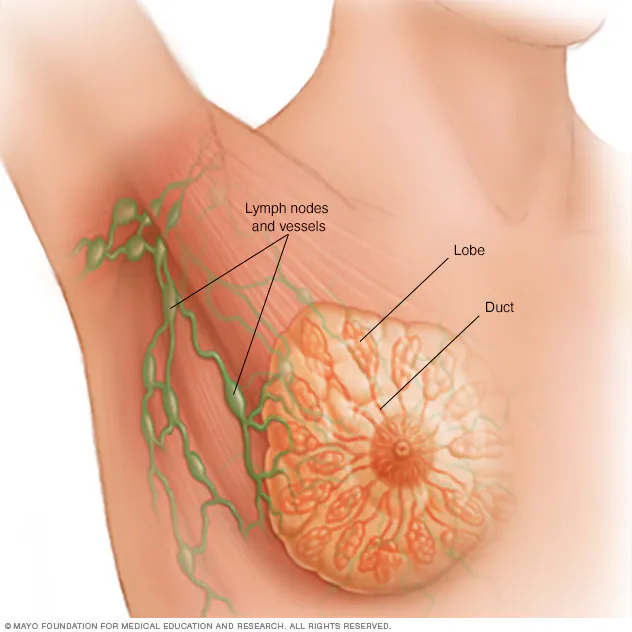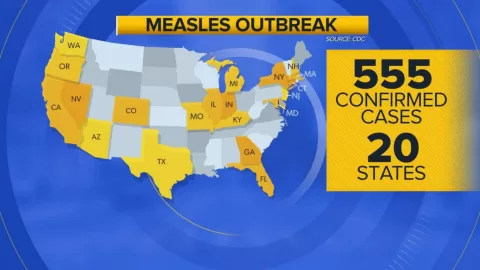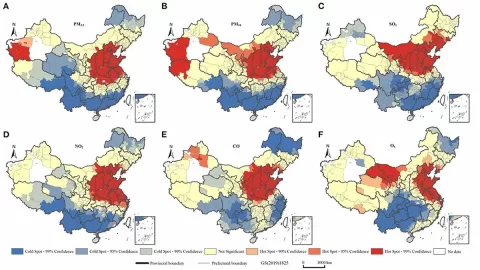Breast cancer in women over 60 is a critical health concern that deserves attention as it remains one of the most common cancers in this age group. As women advance in years, their risk of developing breast cancer significantly increases, highlighting the need for effective preventive measures for breast cancer. Factors such as genetic predispositions, lifestyle habits, and chronic health conditions play a crucial role in determining risk levels. Early detection through comprehensive breast cancer screening methods can lead to improved outcomes, making regular check-ups essential for women’s health after 60. In this article, we will delve into the risk factors associated with breast cancer in older women and explore actionable strategies to promote well-being and prevent this disease.
As women navigate the complexities of aging, the issue of breast malignancy becomes increasingly pertinent, particularly for those over 60 years old. This demographic faces distinct challenges related to their health, where the incidence of severe conditions such as breast cancer can elevate. Understanding the contributing risk elements and implementing proactive health strategies is vital for this age group. Moreover, the significance of early identification and appropriate screening techniques cannot be overstated, as they vastly improve health prospects. By prioritizing women’s health in their senior years, we can better equip older women to face potential health risks with informed confidence.
Understanding Breast Cancer Risk Factors in Women Over 60
As women reach the age of 60, their susceptibility to breast cancer increases due to a range of risk factors. Age emerges as the most significant factor, with statistical data suggesting that women in this demographic have a higher probability of developing breast cancer. Genetic predisposition is another key element, particularly for those with a family history of the disease. Women who possess BRCA gene mutations are at an even greater risk, highlighting the importance of genetic counseling and testing for early intervention.
Additionally, lifestyle choices significantly contribute to breast cancer risk. Poor dietary habits, physical inactivity, and unhealthy weight can elevate the likelihood of developing the condition. Thus, women over 60 are encouraged to maintain a healthy lifestyle, incorporating balanced nutrition and regular exercise into their routines. Engaging with healthcare providers about personal risk factors can provide tailored recommendations for preventive measures.
The Importance of Early Detection in Breast Cancer
Early detection of breast cancer can lead to more effective treatment options and better outcomes. Women over 60 should be proactive in recognizing the symptoms of breast cancer, which may include lumps, changes in breast shape, or any unusual discharge. Regular mammograms are crucial for this demographic, as they can identify abnormalities that may develop before they are palpable. Health organizations recommend that women in this age group schedule annual screening tests to monitor for potential signs of the disease.
Breast cancer screening methods, such as ultrasonography and MRI, complement traditional mammography and may be suggested based on individual risk assessments. Engaging in conversation with healthcare providers will enable women to understand the screening methods best suited for their circumstances. By prioritizing early detection through these established screening protocols, women can take significant strides toward ensuring their health and catching potential issues at an earlier stage.
Preventive Measures for Breast Cancer in Women Over 60
Preventative strategies are pivotal for reducing the risk of breast cancer among women over 60. Regular screening for breast cancer, including annual mammograms, is a critical component of women’s health care in this age group. Depending on personal risk factors, such as family history or previous breast issues, healthcare providers may recommend additional imaging procedures to ensure comprehensive monitoring. Being informed about recommended screening schedules is crucial for timely detection.
Moreover, lifestyle modifications play an essential role in breast cancer prevention. Women are encouraged to engage in physical activities and adopt a balanced diet enriched with fruits and vegetables while minimizing processed foods. Weighing oneself regularly and managing body weight can significantly decrease the risk of breast cancer, as obesity and sedentary behavior are widely recognized risk factors. Combining these preventive measures with regular consultation with healthcare professionals creates a robust defense against breast cancer.
Educating Women About Breast Health After 60
Education is key to managing breast health, especially for women over 60. Community initiatives focused on raising awareness about breast cancer symptoms, preventive strategies, and the necessity of regular medical check-ups can empower women to take command of their health. Engaging with local health organizations or attending educational workshops can provide invaluable knowledge, ultimately motivating women to pursue preventative measures actively.
Additionally, learning about the underlying factors influencing breast cancer risk can facilitate early intervention and better choices regarding personal health management. Awareness programs can also address misconceptions about breast cancer and promote a supportive environment where women feel encouraged to discuss their health concerns openly. By fostering informed communities, women over 60 can create networks that prioritize breast health and preventive practices.
Consulting Healthcare Providers for Personalized Strategies
Consulting healthcare providers is essential for women over 60 to develop personalized strategies regarding breast cancer prevention and screening. Medical professionals can offer tailored advice based on individual health histories and familial backgrounds, effectively guiding women in understanding their specific risk factors. Regular discussions with doctors about changes in health status and emerging symptoms are pivotal for early detection and timely interventions.
Moreover, healthcare providers can facilitate access to tools for genetic testing and counseling when applicable. For women with significant family histories of breast cancer, such conversations can lead to proactive measures, including prophylactic surgeries or medications. By maintaining open lines of communication with their healthcare providers, women can stay informed about the latest advancements in breast cancer prevention and ensuring their health remains a priority.
Frequently Asked Questions
What are the key breast cancer risk factors for women over 60?
Breast cancer risk factors for women over 60 include age, genetic predisposition (such as BRCA mutations), lifestyle choices (like diet and alcohol use), and pre-existing health conditions (such as obesity). Understanding these factors can help in developing personalized prevention strategies and screening methods.
How can women over 60 engage in preventive measures for breast cancer?
Women over 60 can adopt preventive measures for breast cancer by maintaining a healthy lifestyle, including regular physical activity, a balanced diet rich in fruits and vegetables, and limiting alcohol consumption. Additionally, women should undergo regular screenings like mammograms to enable early detection.
What are effective breast cancer screening methods for women over 60?
Effective breast cancer screening methods for women over 60 include annual mammograms, clinical breast exams, and possibly breast ultrasounds or MRIs based on individual risk factors. Regular screenings are essential for early detection and improving treatment outcomes.
Why is early detection of breast cancer critical for women over 60?
Early detection of breast cancer in women over 60 is critical because it significantly increases the chances of successful treatment and survival. Recognizing symptoms early and utilizing screening methods like mammograms can lead to diagnosis before the cancer progresses to advanced stages.
How can women’s health after 60 affect their breast cancer risk?
Women’s health after 60 can affect breast cancer risk through factors such as hormonal changes, increased likelihood of obesity, and personal medical histories. Regular health check-ups and discussions with healthcare providers are vital in managing these risks and implementing effective preventive measures.
| Key Point | Explanation |
|---|---|
| Increased Risk with Age | The likelihood of developing breast cancer significantly increases after 60 years of age. |
| Genetic Factors | Family history and genetic predisposition, such as carrying BRCA mutations, elevate risk. |
| Lifestyle Choices | Poor diet, inactivity, and excessive alcohol can contribute to higher risk. Healthy lifestyle modifications can help reduce these risks. |
| Health Conditions | Conditions such as obesity and prior breast diseases increase the chances of developing breast cancer. |
| Symptoms to Watch For | Women should be aware of lumps, changes in breast appearance, and unusual discharges as potential warning signs. |
| Importance of Regular Screening | Annual mammograms and other imaging tests are crucial for early detection and improve treatment outcomes. |
| Community Education | Engaging in community initiatives helps educate women on breast cancer risks and prevention strategies. |
| Consult Healthcare Providers | Regular discussions with healthcare professionals are vital for personalized screening and prevention. |
| Genetic Counseling | For those with a family history of breast cancer, genetic counseling can help understand risks and preventive options. |
Summary
Breast cancer in women over 60 presents considerable challenges and risks that require attention and proactive measures. As women age, the likelihood of developing this disease increases significantly, making early detection and risk mitigation more important than ever. By understanding the specific risk factors, engaging in healthy lifestyle choices, and participating in regular screening practices, women can serve to protect their health. Moreover, discussing personal health histories with healthcare providers enhances the ability to detect breast cancer early, which can lead to better outcomes. Empowered with knowledge and resources, women over 60 can take control of their breast health, paving the way for a healthier future.
The content provided on this blog (e.g., symptom descriptions, health tips, or general advice) is for informational purposes only and is not a substitute for professional medical advice, diagnosis, or treatment. Always seek the guidance of your physician or other qualified healthcare provider with any questions you may have regarding a medical condition. Never disregard professional medical advice or delay seeking it because of something you have read on this website. If you believe you may have a medical emergency, call your doctor or emergency services immediately. Reliance on any information provided by this blog is solely at your own risk.








